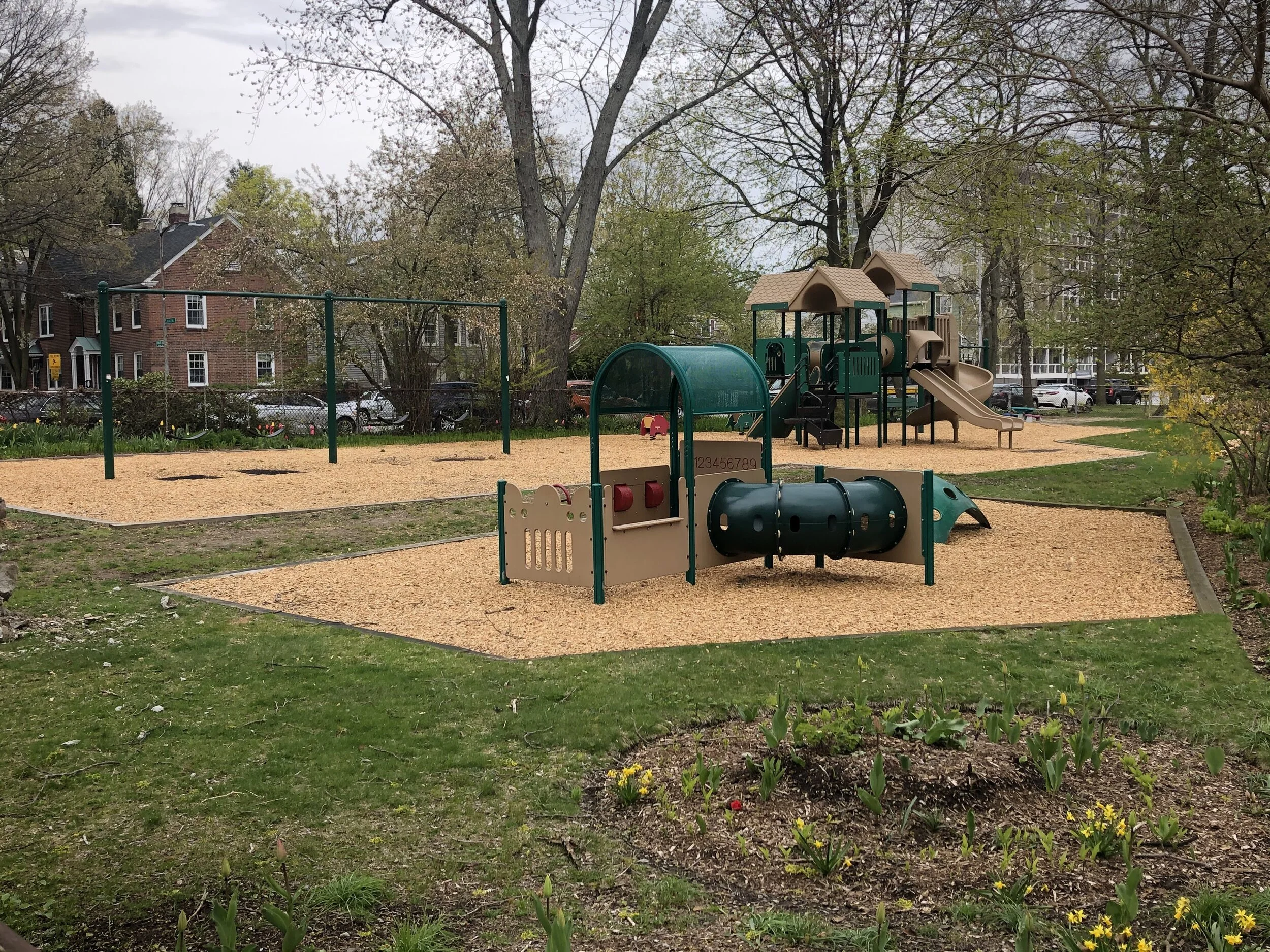COVID-19’s Disruption of Early Childhood Education Internships Could Have Long Term Impacts For The ECE Field
COVID-19 has already had a myriad of negative impacts on the early childhood education and care field.
One issue that has not gotten much attention is that of internships. Internships in Early Childhood Education are how many people are certified to become early educators and are a valuable way to get experience in the field without the pressure of having to lead a classroom all while getting support from more experienced staff and the professor/advisor who is supervising the internship. My two early education internships were invaluable experiences that taught me more about working with young children than reading 100s of articles about Piaget ever could. Moreover, internships are a way for early childhood programs to vet potential new staff. I got a full-time job at one of my internships and in the 17 years I worked there, we hired about a dozen more interns to be full time staff. A 30-minute interview and a resume might not give you all the information you need to hire someone, but a three-month internship lets a program know if someone is a right fit for the program.
COVID-19 has shut down programs and thus shut down internships. Additionally, the colleges where students get the internship credits are also either closed or going to all online. You can take a class on Erik Erikson's theory of psychosocial development online, but you cannot complete an internship online.
Going forward, it is not hard to imagine that ECE Internships might not be back in the fall of 2020 and even Spring 2021 semester. For one, colleges are already talking about canceling in person classes in the fall. Second, early education programs themselves may not be opening or if they do, they likely will have a lot more restrictions related to the number of people who are allowed in the program at any given time. This could make having interns a liability instead of an asset. This means 1000s of early educators could potentially miss out on the experiences they need to get certified and or gain the work experience to improve their pedagogy and care of young children for a year or more.
There is no easy solution to this issue. One idea could be waiving the experience requirement for people to become certified early educators. This would make certification easier but would not actual provide potential early educators with the experiences they need to improve their craft.
Another idea might be to change what constitutes and internship. Many early educators might have children themselves, have younger siblings, other younger family members they care for or even being babysitters during the pandemic. Universities could work to try to turn these types of experiences caring for young children into internship type experiences where students learn ECE related skills.
There is no one solution that will solve this issue, but everyone in the ECE field needs to be brainstorming potential solutions in order not to put a dent in the number of early educators that have the necessary experience once the COVID-19 is brought under control.





